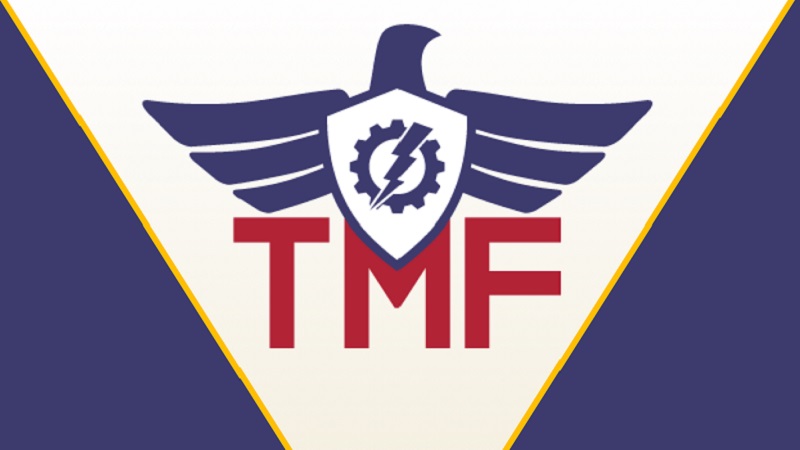
The General Services Administration (GSA) has named Larry Bafundo to serve as the permanent executive director for its Technology Modernization Fund (TMF).
Bafundo has served as acting director of the TMF since January. He took over the role from Jessie Posilkin, who was serving as acting director but has since returned to her prior post as TMF’s customer experience portfolio director.
The TMF’s last permanent director, Raylene Yung, stepped down from the role in October after serving in the position since 2021.
“Larry is a technologist who has led complex digital initiatives across the private and public sectors, including leading a $2 billion effort at the Department of Labor to modernize the nation’s unemployment insurance systems,” GSA Deputy Administrator Katy Kale said in an internal email obtained by MeriTalk.
“Since returning to GSA in January, we’ve seen his thoughtful and strategic leadership that has set up the TMF team for future success,” Kale added.
Bafundo steps into his new role during an uncertain time for the TMF. The fund is on track to soon exhaust the $1 billion of funding provided by Congress under the 2021 American Rescue Plan Act.
While it is unclear exactly how much money TMF has left to award, GSA is hoping Congress will provide it with more funding.
“It is essential that Congress provide resources to allow the TMF to continue to meet the growing demand for investments which address constantly evolving technology needs, threats, and advancements so that government can deliver better for the American people,” GSA Administrator Robin Carnahan said last month.
TMF was originally conceived by Congress in 2017 under the Modernizing Government Technology Act as a way to provide money to Federal civilian agencies to undertake tech modernization projects, but also as a largely self-sustaining fund that would be replenished with money paid back to TMF by agencies from cost savings generated by the modernization projects that TMF helped to underwrite.
While TMF received the big $1 billion infusion in 2021, it also received several hundred million before that through regular appropriations from Congress.
In more recent years, however, the fund has received less annual financial support from Congress. House appropriators earlier this month proposed no new funding for TMF for fiscal year 2025, and dropped any mention of the program from their version of the Financial Services and General Government (FSGG) appropriations bill.
The Biden administration’s FY2025 budget request unveiled earlier this year proposes $75 million of funding for TMF.
